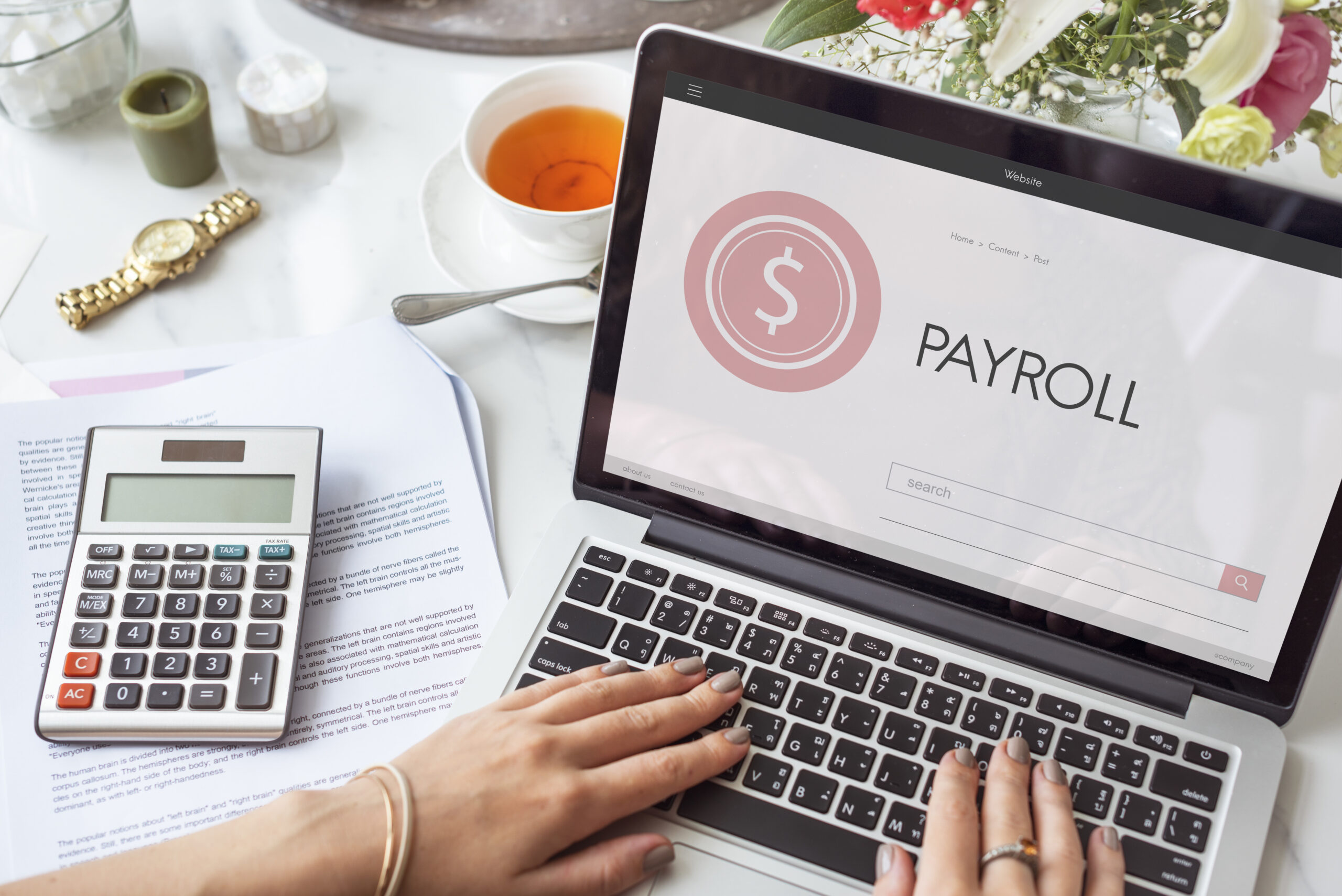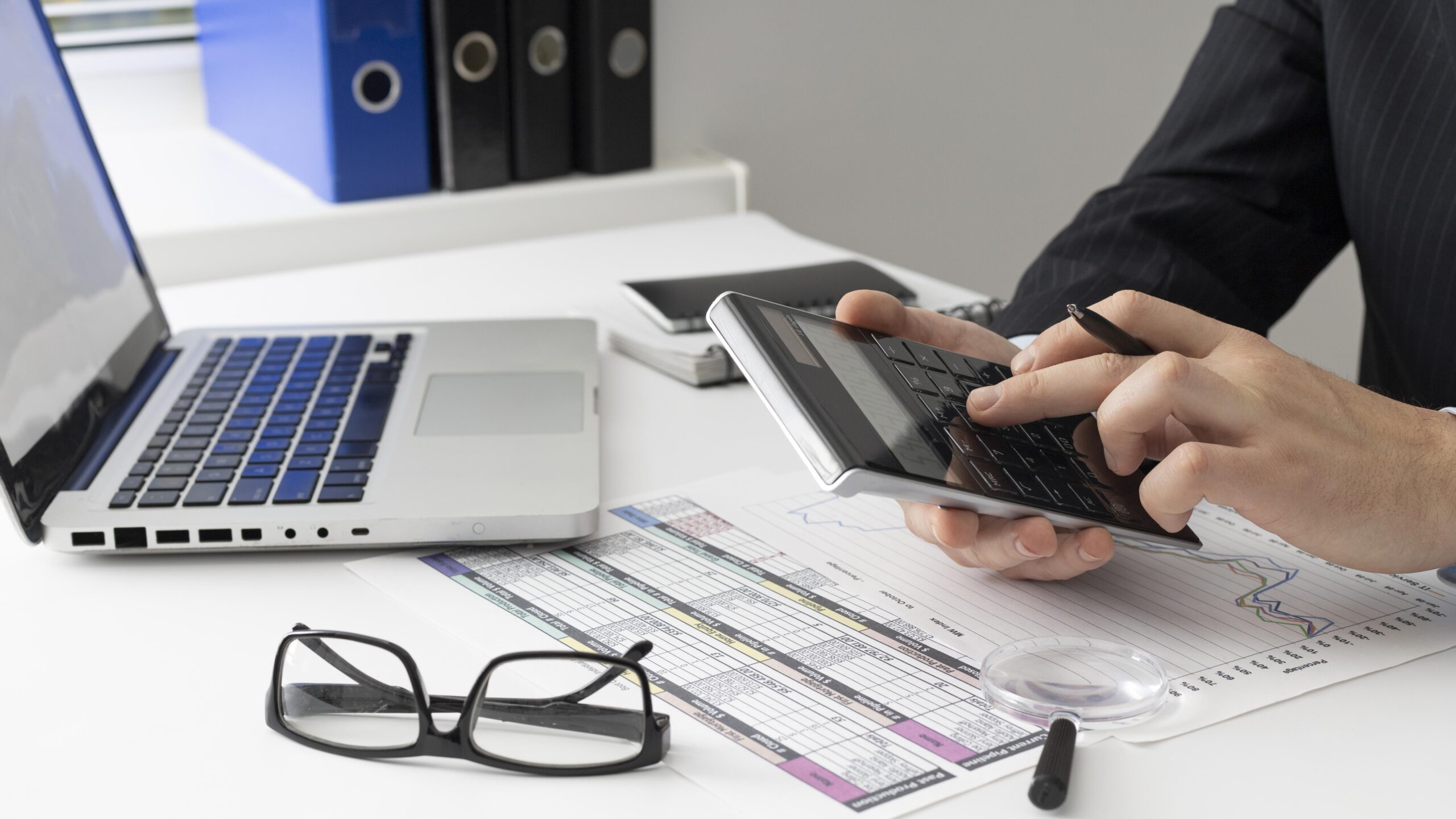Why you should apply for a VAT exemption and how?

Many businesses sell goods and services on which they have to pay VAT – but there are also certain goods and services on which you don't; these are ‘VAT exempted’.
If you are a business owner and engaged in the selling of goods and services that are VAT exempted, your business will also be considered VAT exempt and there is also no need for you to register for VAT. In turn, not registering for VAT means you can’t reclaim VAT on purchases or expenses incurred by your business.
Where your business is VAT-registered and you incur VAT on any of the items that will be used to make exempt supplies, you will be subject to a partial VAT exemption.
What are VAT-exempted goods and services?
VAT-exempted goods and services are certain specified items that are free from VAT; this may apply where businesses are not able to charge VAT to their customers at the time of selling and not able to reclaim VAT at the time of buying. For example – If you are providing medical services as a surgeon, you will not be able to reclaim VAT on accountancy fees as services provided by doctors are VAT exempt.
Which areas are VAT exempt?
As per government guidelines, there are certain specified areas on which VAT is not chargeable. Some of the main areas are given below:
- Education and training.
- Insurance, finance and credit.
- Subscriptions to membership organisations.
- Fundraising events by charities.
- Selling, leasing and letting of commercial land and buildings (this exemption can be waived).
The sale of goods and services that are VAT exempt is not taxable, and therefore it should not be included in your taxable turnover for VAT purposes. You can’t reclaim VAT where you buy VAT-exempt items. A VAT-exempt business must adhere to the following:
- You should not include VAT in any of your exempt business items that you are selling.
- You cannot reclaim the VAT on exempt items that you are purchasing.
- Do not include the sale of VAT exempt items in your VAT taxable turnover.
- No need to keep VAT records for the sale of VAT exempt items.
Partial exemption
If have a VAT-registered business and are involved in the selling of some items that are VAT-exempted and some that are subject to full VAT or reduced VAT payments, your sales are classified as ‘partially VAT exempt’.
If your business is registered for both fully and partially taxable supplies, it is your responsibility to maintain your ongoing transaction records separately to pay the correct amount of VAT on both fully and partially taxable supplies. You will need to mention VAT-exempt supplies along with your VAT taxable supplies in your quarterly VAT return.
VAT exempt supplies versus zero-rated VAT
There can be confusion between VAT-exempt supplies and zero-rated VAT. VAT-exempted supplies and zero-rated VAT are both different and should be treated accordingly as per the specified guidelines issued by the government. No extra charge is to be added to the original sales price of either VAT exempt or zero-rated items but there are some other differences which you need to take care of:
| VAT-exempt supplies | Zero-rated VAT supplies |
|---|---|
| VAT exempt items are non-taxable. | Zero-rated VAT items are still taxable. |
| Sale of VAT-exempt goods and services should not be included in your taxable turnover. | Sale of zero-rated goods and services must be included in your taxable turnover. |
| VAT-exempt or non-taxable sale items should only be recorded in regular company accounts. | It should be recorded in your VAT accounts. |
| You cannot reclaim any VAT. | You can reclaim any VAT. |
| VAT registration is not necessary (if whole business is VAT exempt). | VAT registration is necessary for reclaiming VAT purchases or expenses. |
| Examples: betting and gaming; lottery ticket sales; online lottery games; admission charges by charities; and sponsored charitable events. | Examples: books (not e-books); children’s clothes; food and drink (some exceptions); prescription medicines; and donated goods sold by charity shops. |
You should apply for VAT registration if you are engaged in the supply of zero-rated products. With the help of a VAT registration you can reclaim the VAT on any costs incurred by your business. However, you are not able to reclaim it if you are trading in VAT-exempt supplies.
How do I file for a VAT exemption?
Before choosing this option, make sure that this is the right step for your business. If you become a VAT-registered business you can reclaim VAT on your purchases or expenses, but it can increase your prices and might impact your sales.
If you still want to apply for VAT exemption, you can do so by filling in the registration form VAT1, found at GOV.UK
Managing your VAT payments
Your business must be organized to manage regular VAT bill payments. Many of small businesses use online accounting software to stay on top of their VAT payments. You can also make your claims and allowances via online accounting software, helping simplify your VAT.
Want to find out more?
Register for a free 14-days trial or book a 1:1 demo and see how Nomi's cloud-based accounting software could help you grow your practice, become more profitable and manage your staff.

How to Submit an Employer Payment Summary (EPS) to HMRC
EPS stands for Employer Payment Summary. It is a form that employers use to report...

How to File Final Accounts to HMRC and Companies House
Final accounts are an important part of a company's financial reporting process, providing a comprehensive...

How to Apply for a UTR Number | Complete Guide to UTR Number
UTR, or Unique Taxpayer Reference, is a 10 digit number issued by HM Revenue and...

Basis Period Reform
Dear Nomi Partners, We are pleased to introduce a significant change in UK tax reporting:...